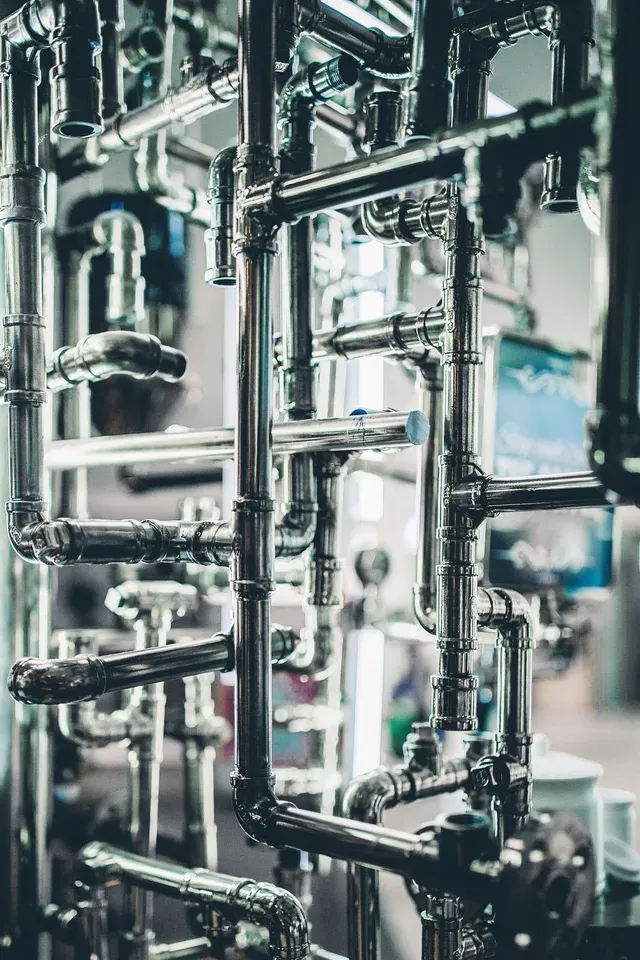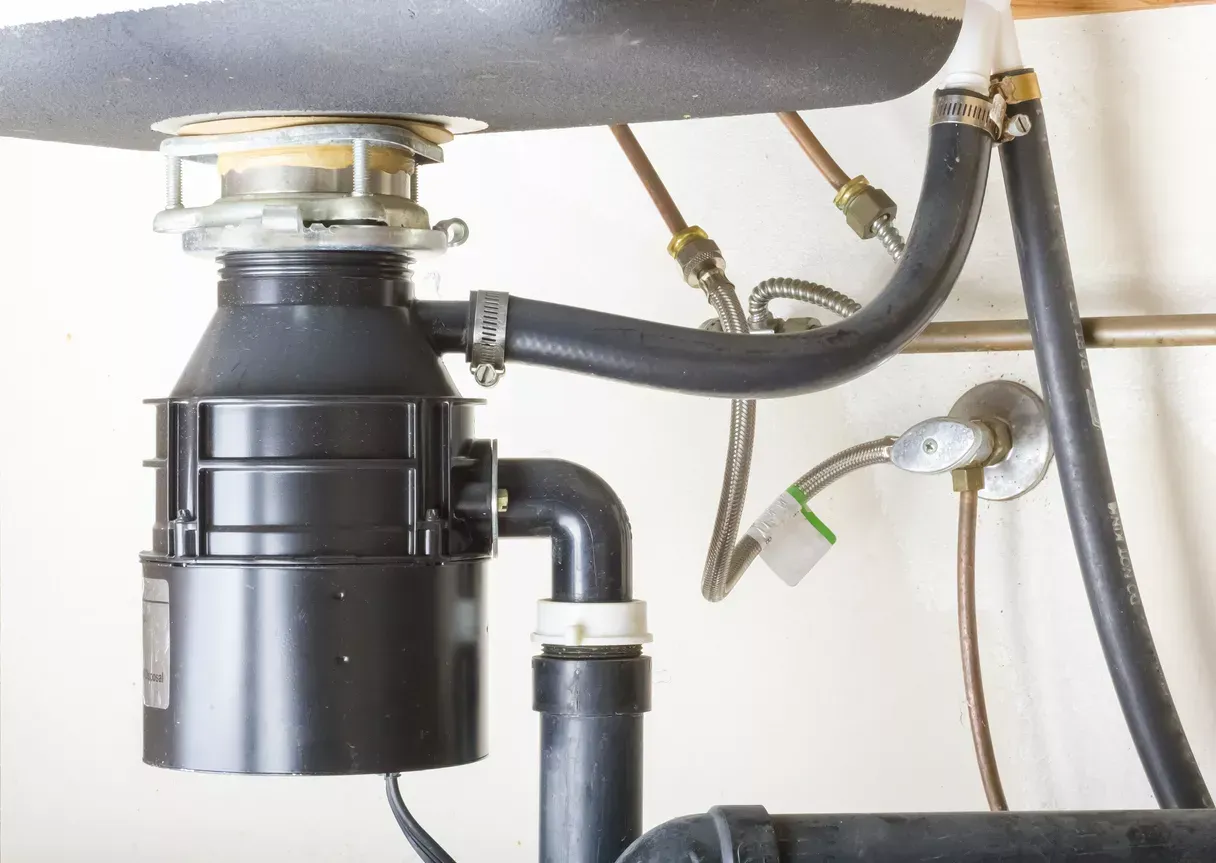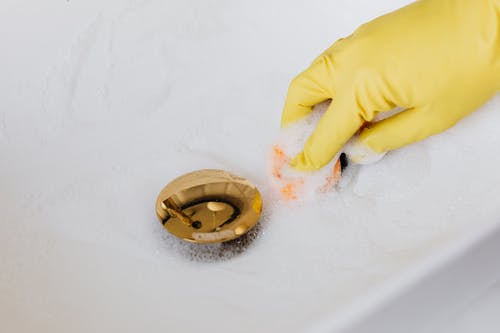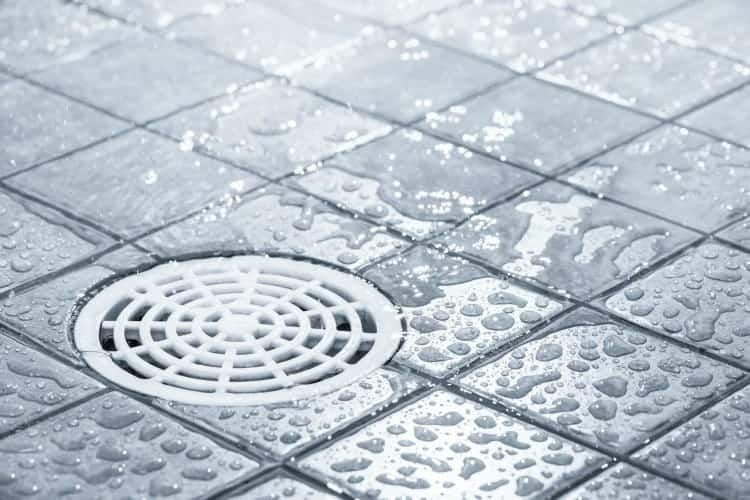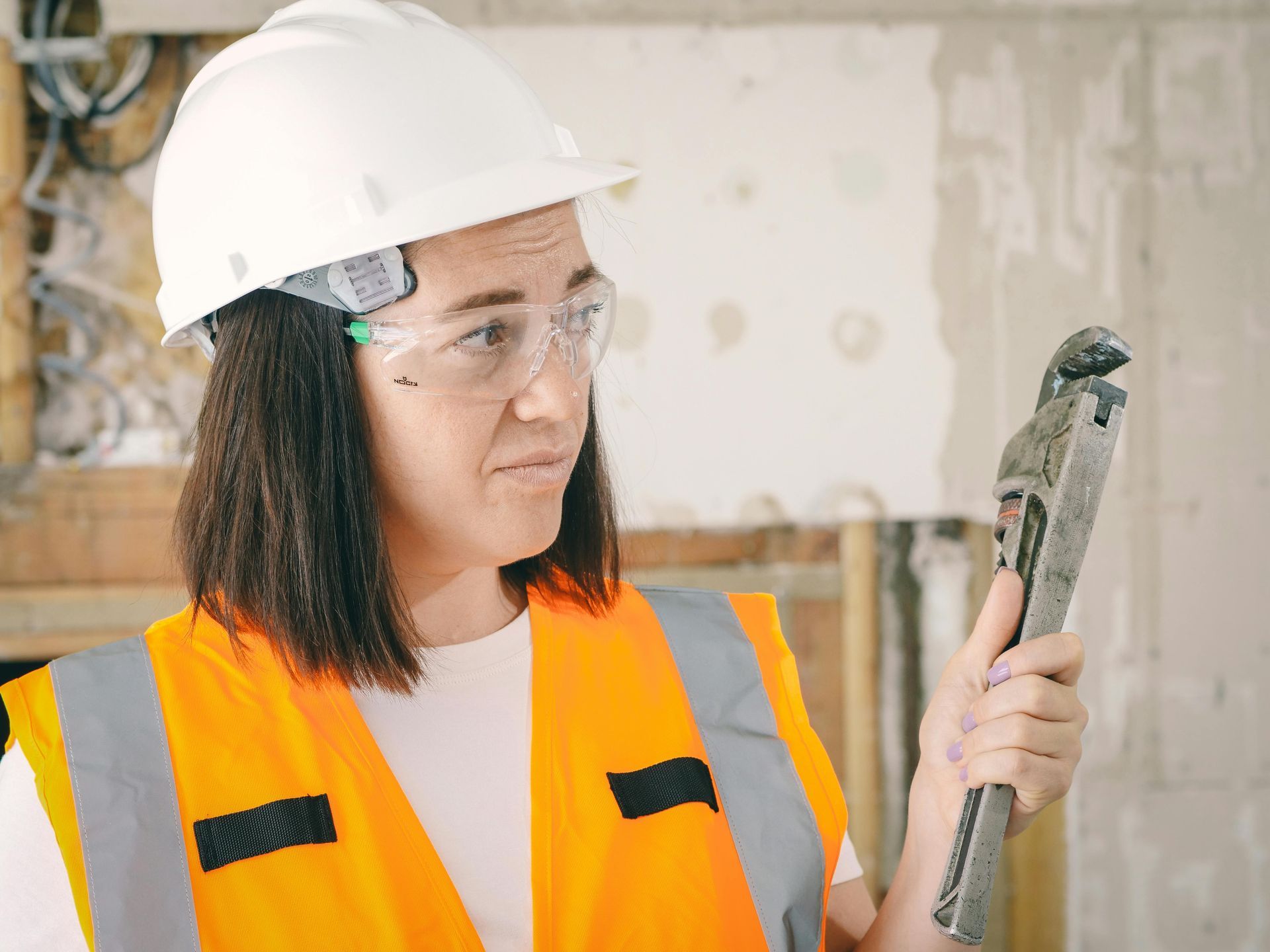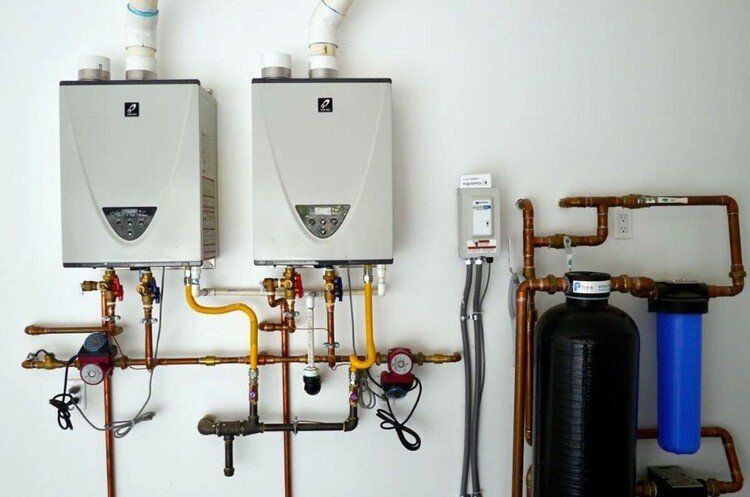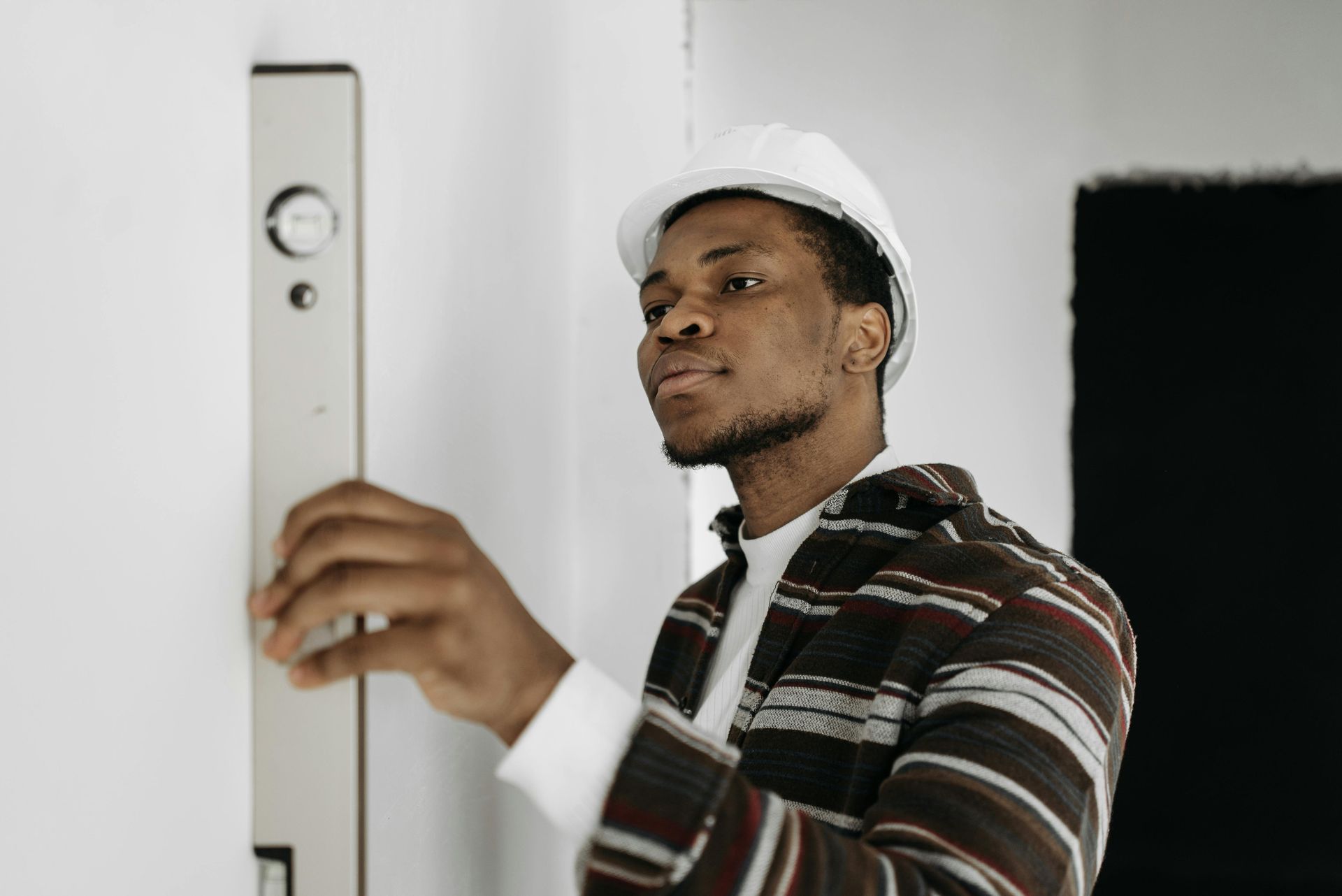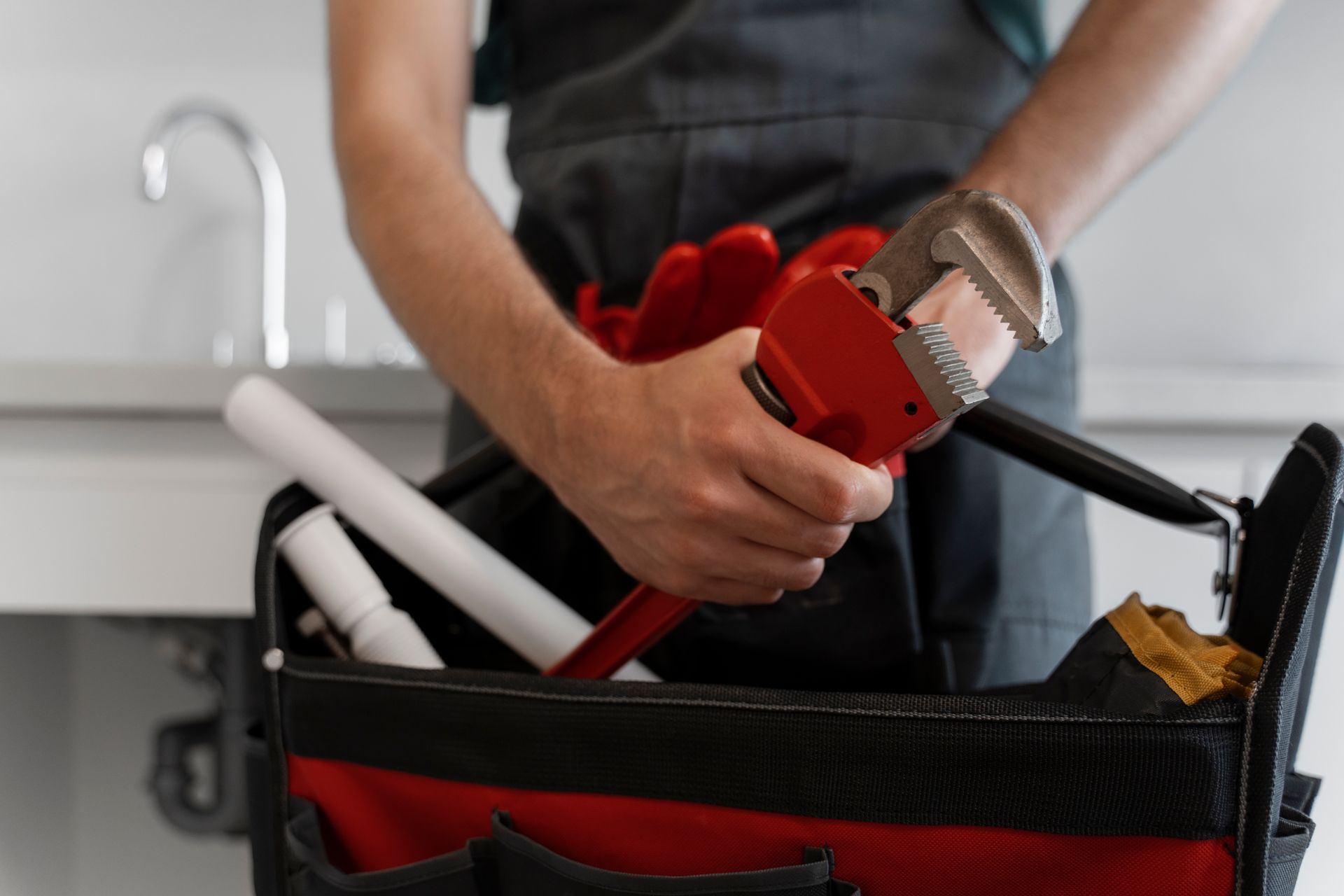Understanding the Plumber’s Role in a Home Renovation Project
Home renovation projects often evoke visions of transforming living spaces into more functional, stylish, and comfortable environments. However, beneath the visible changes lies a critical underpinning that demands expert attention: the plumbing system. The role of a plumber in a home renovation project is multifaceted, extending well beyond merely fixing leaks or installing pipes. It encompasses careful planning, technical expertise, regulatory knowledge, and problem-solving skills essential for the project’s success and long-term reliability.
The Integral Planning Phase
At the inception of any home renovation, early collaboration between the homeowner, contractors, designers, and notably the plumber, is vital. Licensed plumbers like those from All City Plumbers bring invaluable insight during this phase. Their role begins with a thorough evaluation of the existing plumbing infrastructure. This includes assessing waterlines, drainage systems, and appliances to understand how the renovation will impact the current setup.
This assessment enables the plumber to help design a detailed plumbing plan that integrates seamlessly with the renovation blueprint. For example, when remodeling kitchens or bathrooms, the layout of sinks, showers, and toilets must correlate with the water supply and drainage routes. The plumber's expertise can identify any necessary modifications, such as relocating pipes or upgrading fixtures, to meet both design goals and functionality.
Additionally, a critical component of the planning phase is scheduling and prioritizing specialized services. Among these services, waterline repair and replacement often play a key role during renovations, especially in older homes where outdated or damaged pipes may jeopardize the project’s smooth progression. Plumbers ensure these underlying issues are addressed early, preventing costly setbacks.
Ensuring Compliance and Safety Regulations
Another vital aspect of a plumber’s role within a home renovation project is ensuring all plumbing work complies with local building codes and safety standards. These regulations are designed to safeguard the property and its occupants from hazards such as water contamination, structural damage caused by leaks, and improper venting that can lead to gas build-ups.
Licensed plumbers are not simply tradesmen but trained professionals who understand the nuances of these codes. Their continuing education and experience position them to navigate inspection requirements effectively and secure necessary permits. Ignoring compliance can result in costly fines, failed inspections, or even the need to redo plumbing work entirely after construction.
Execution and Installation Expertise
Once planning and approvals are complete, the plumber’s role shifts primarily to the physical execution of the plumbing installation and repairs. This work ranges from installing new pipes and fixtures to reconnecting and testing water supply lines. Skilled plumbers ensure that components such as faucets, showers, toilets, dishwashers, and water heaters are installed with precision.
Attention to detail during this phase guarantees that every element functions efficiently and without leaks. For example, expert plumbers can detect potential weak points and recommend durable materials and modern technologies that enhance longevity.
Comprehensive renovations also demand ongoing maintenance planning, where an annual plumbing checklist crafted by the plumber can be invaluable. This checklist helps homeowners maintain the integrity of their new systems by scheduling routine inspections and minor repairs, which prolong the life of the plumbing infrastructure.
Collaboration Across Trades
Home renovation is a multidisciplinary effort requiring close coordination among various trades such as carpenters, electricians, HVAC specialists, and plumbers. The plumber’s role includes communicating and collaborating effectively with these professionals to ensure that plumbing installations do not conflict with electrical wiring, framing, or ventilation systems. This collaboration results in a cohesive and smoothly executed renovation timeline.
Problem-Solving and Adaptability
Renovation projects frequently reveal unexpected challenges like hidden water damage, outdated piping materials, or spatial constraints that complicate installations. In these scenarios, a professional plumber’s problem-solving skills are crucial. They adapt plans, provide innovative solutions such as trenchless waterline repair techniques, and manage plumbing system upgrades seamlessly.
Conclusion
In summary, the role of a plumber in a home renovation project is pivotal and expansive. Plumbers from firms such as All City Plumbers exemplify professionalism by guiding homeowners through complex plumbing assessments, executing waterline repair and replacement with expertise, and promoting long-term system health through tools like an annual plumbing checklist. Their involvement ensures the plumbing system is safe, reliable, compliant, and integrated flawlessly within the renovated home’s design, ultimately protecting the investment and ensuring peace of mind for years to come.

